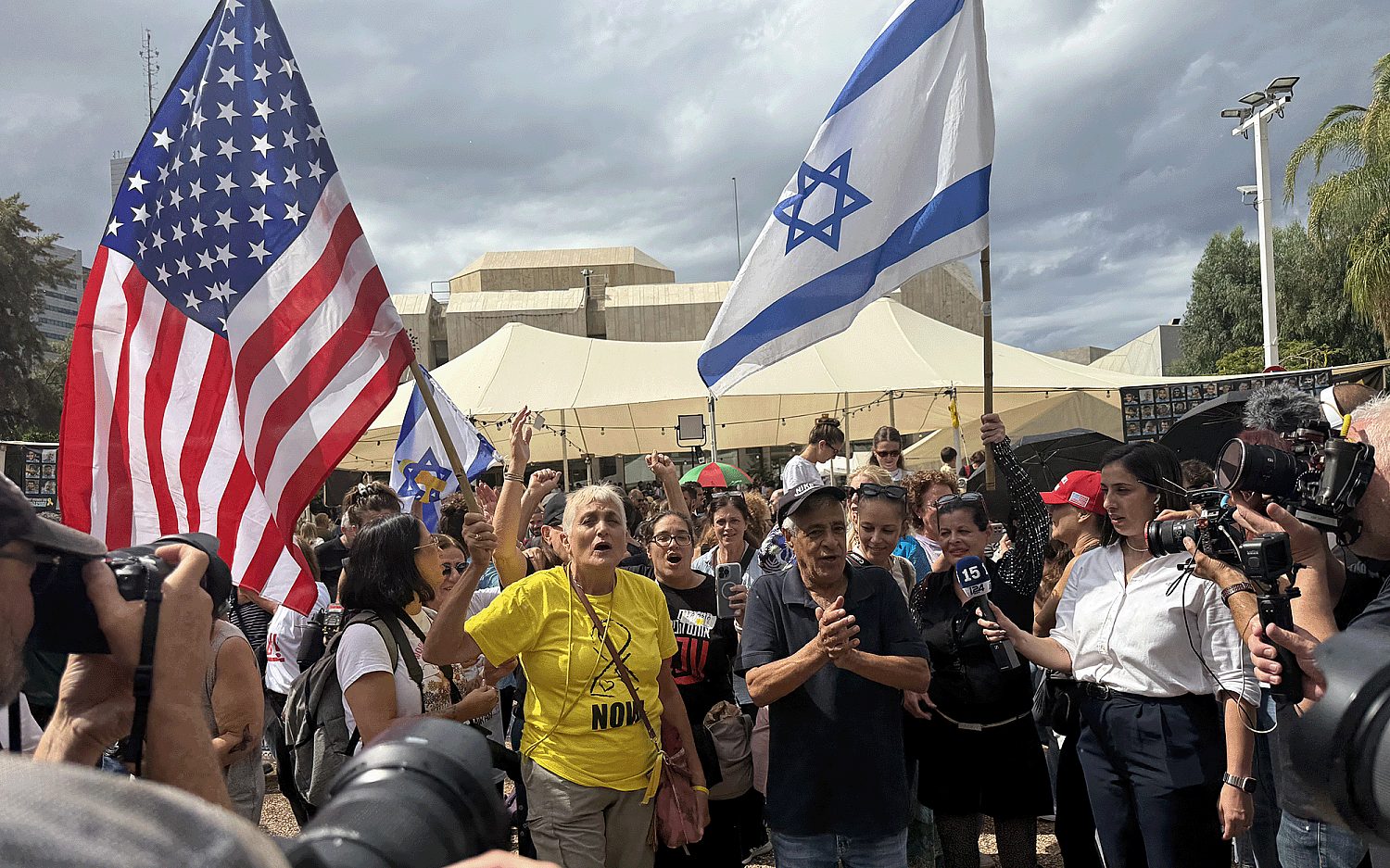Zika gives abortion advocates new rallying cry in South America
Almost as soon as the World Health Organization declared the cluster of microcephaly cases linked to the Zika virus a public health emergency, abortion advocates began urging pro-life, South American countries to loosen abortion restrictions.
Microcephaly is a rare condition that causes babies to be born with abnormally developed brains and small heads. Though the link to Zika isn’t conclusive, experts have said it’s “strongly suspected.”
Many South American governments have told women to avoid mosquito bites with insect repellant and appropriate clothing. But Jamaica, Ecuador, El Salvador, and Columbia have encouraged women to avoid pregnancy until Zika is no longer considered an epidemic.
Zika and microcephaly have spread the most in Brazil, where President Dilma Rousseff called for eliminating the Aedes aegypti mosquito that carries the virus. According to the country’s health ministry, microcephaly cases have increased from 163 per year to 270 confirmed cases, with nearly 3,500 cases under investigation since the outbreak.
But stopping the virus-spreading mosquito isn’t enough for abortion activists. A coalition of Brazilian lawyers, activists, and scientists plan to petition the country’s Supreme Court to legalize abortion for women who have contracted Zika. Brazil currently bans abortions except in cases involving rape or a diagnosis of anencephaly. The petition claims the Brazilian state bears responsibility for the Zika outbreak because it didn’t eradicate the mosquito. The group behind the petition won the anencephaly exception in 2012.
Tewodros Melesse, director general of the International Planned Parenthood Federation, said the response to Zika should include “strengthening family planning programs and access to safe abortion services.”
Abortion advocates also have targeted other South American countries for their abortion restrictions. Of the South American countries currently reporting Zika cases, only Guyana and French Guiana have completely legalized abortion.
Ángela Rivas, a Salvadoran abortion rights activist, told NPR that Zika will cause “more clandestine abortions and a higher number of women being sent to jail.” Under El Salvador law abortion is considered homicide.
Women on Waves, the abortion group responsible for dropping abortifacients by drone in Poland, has offered to send Brazilian women free abortion pills. Women less than 9 weeks pregnant can schedule an online consultation with the group. Once they provide lab results confirming a Zika diagnosis, Women on Waves will send abortion pills.
But microcephaly is usually diagnosed in the third trimester, meaning abortions for the condition would have to be late term. Because about 80 percent of those infected with Zika don’t show symptoms, a woman may never know she carries the virus.
And leading health advisors have not recommended abortion as an effective response to Zika or microcephaly. Instead, WHO advised improving surveillance and detection of the virus, congenital malformations, and neurological defects. It also recommended controlling the mosquito population, preventing bites, and expediting the development of a vaccine, especially for pregnant women.
An actual newsletter worth subscribing to instead of just a collection of links. —Adam
Sign up to receive The Sift email newsletter each weekday morning for the latest headlines from WORLD’s breaking news team.




Please wait while we load the latest comments...
Comments
Please register, subscribe, or log in to comment on this article.